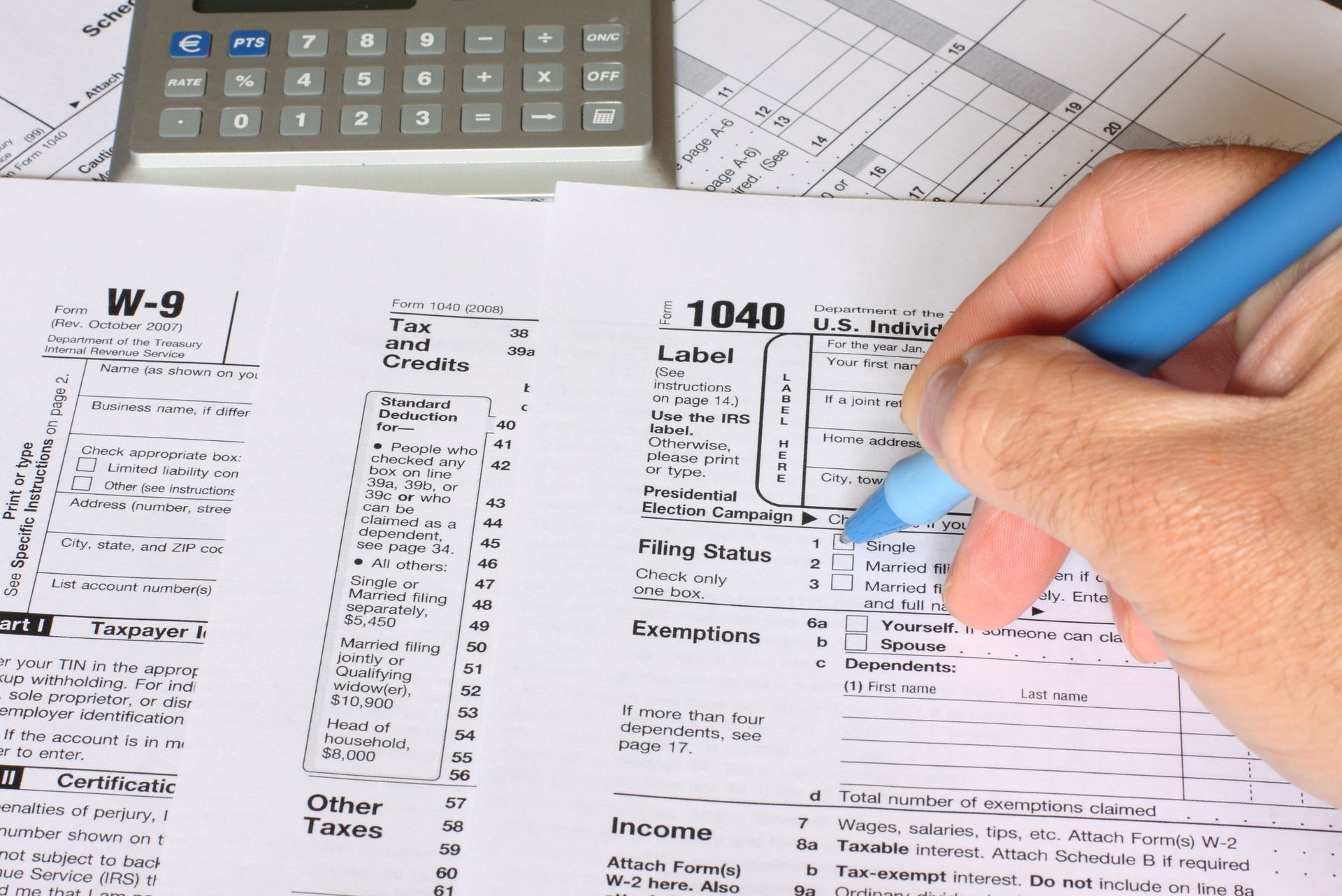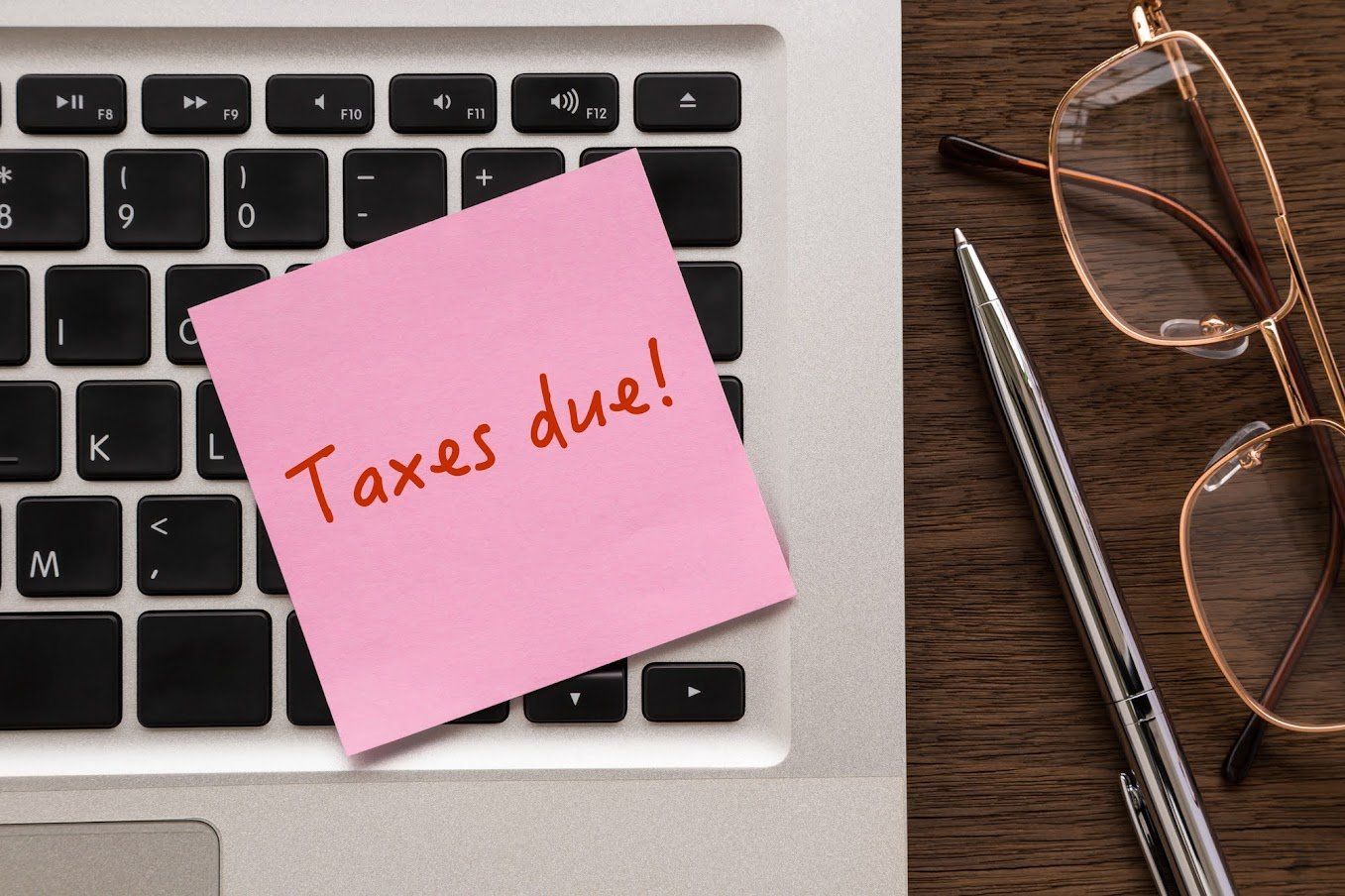Want to Appeal an IRS Finding? Where to Find Support
Has the IRS examined your income tax return and disallowed certain elements? This is always a challenging time for a taxpayer, but it's even more so when you feel that your position is in the right.
What should you do to prove that the position you and your accountant have taken on a tax questions is legitimate? Here are two places you can find proof to use in order to appeal the finding with the IRS.
Primary Sources
The greatest authority in U.S. tax law are called "primary sources". Three basic sources are the basis for all tax law. They include the following:
- Internal Revenue Code of 1986. You can find the actual tax code in Title 26 of the United States Code. You and your CPA will find sections relevant to your tax situation and applicable for the year which you are disputing. Generally, the tax code is taken literally, but ambiguous language may require further research sources to clarify.
- Treaties. Tax treaties aren't something that most taxpayers know about, but they provide basis for certain tax items, such as how to handle foreign income or a foreign taxpayer.
- Committee Reports. When Congress sets a tax law, a committee does the work to write and define it. So, if an item is ambiguous in the tax code, committee reports may help shed light on Congress' intent about how it should be used.
Consult with a professional for help navigating these sources.
Secondary Sources
In addition to the three "primary" sources of tax law, you can use a number of secondary places as evidence to support your position. These are generally broken into a few main categories — regulations, revenue rulings, and revenue procedures.
Regulations
Regulations issued by the IRS itself are broken into several categories, which each carry a different weight and purpose. Each regulation goes through the same stages from proposed regulations to temporary ones to final regulations.
Legislative regulations have the greatest weight, as these are issued with specific authority by Congress. Interpretive regulations have much less weight, but these are designed to interpret statutes written by Congress into meaningful applications. You will likely need to consult procedural regulations only if your case involves filing requirements, your responsibilities, or obligations of the taxing authority.
Revenue Rulings
Revenue rulings interpret revenue laws when applied to a specific set of circumstances. They are used to try to create uniform application of the law. Although they do not carry the force of law, revenue rulings are often considered as precedent and have useful authority.
Revenue Procedures
Finally, a revenue procedure is similar to a procedural ruling, defining how to do administrative tasks and follow procedures for filing taxes correctly. As with revenue rulings, though, these are not as heavily-weighted as regulations.
Your Research Process
Now that you know what types of places you may find support for your cause, where should you start researching? All taxpayers have access to the full Internal Revenue Code through the IRS.
Most of the secondary sources of tax law, including final regulations and IRS positions, can be accessed through the Internal Revenue Bulletin online.
If you are serious about pursuing an appeal of a decision after an IRS examination, you should work with a qualified CPA (certified public accountant). The level of tax law contained in the above sources is often confusing for laypersons and difficult even for professionals to interpret in practical ways.
At Bliss & Skeen CPAs, our experienced tax professionals are ready to help you build and present the best argument for your case before the IRS. Make an appointment today to learn more about taking the next step to appeal your findings.
















